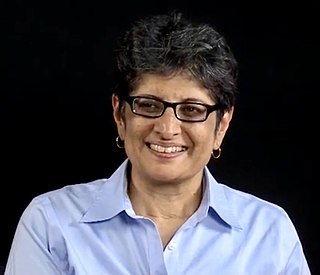A Quote by Ivan Turgenev
In the end, nature is inexorable: it has no reason to hurry and, sooner or later, it takes what belongs to it. Unconsciously and inflexibly obedient to its own laws, it doesn't know art, just as it doesn't know freedom, just as it doesn't know goodness.
Related Quotes
I know now that he who hopes to be universal in his art must plant in his own soil. Great art is like a tree, which grows in a particular place and has a trunk, leaves, blossoms, boughs, fruit, and roots of its own. The more native art is, the more it belongs to the entire world, because taste is rooted in nature. When art is true, it is one with nature. This is the secret of primitive art and also of the art of the mastersMichelangelo, Czanne, Seurat, and Renoir. The secret of my best work is that it is Mexican.
Latter-day Saints are not obedient because they are compelled to be obedient. They are obedient because they know certain spiritual truths and have decided, as an expression of their own individual agency, to obey the commandments of God. . . . We are not obedient because we are blind, we are obedient because we can see
Most of the time, particularly with this record, 'The Light of the Sun,' I really just been standing in front of a microphone and blacking out musically, you know. I'd come back a couple hours later and there's six songs from beginning to end, you know? I don't know what I'm going to say. I don't know how I'm going to say it.
We can no longer take our own way of life for granted - we know that it may be challenged. And we know this, too - and know it ever more deeply - we know that freedom and democracy are not just big words mouthed by orators but the rain and the wind and the sun, the air and the light by which we breathe and live.
For the religious, passivism [i.e., objects are obedient to the laws of nature] provides a clear role of God as the author of the laws of nature. If the laws of nature are God's commands for an essentially passive world ..., God also has the power to suspend the laws of nature, and so perform miracles.
When we're in the story, when we're part of it, we can't know the outcome. It's only later that we think we can see what the story was. But do we ever really know? And does anybody else, perhaps, coming along a little later, does anybody else really care? ... History is written by the survivors, but what is that history? That's the point I was trying to make just now. We don't know what the story is when we're in it, and even after we tell it we're not sure. Because the story doesn't end.
The gender prism is just descending upon us. For instance, when we're girls of nine or 10 we may be climbing trees and saying, "I know what I want. I know what I think." And then suddenly at 11 or 12, the gender role takes hold, and adults tell us, "How clever of you to know what time it is." It happens to boys, too and even sooner - between five and eight. Before that, boys cry and express uncertainty.







































